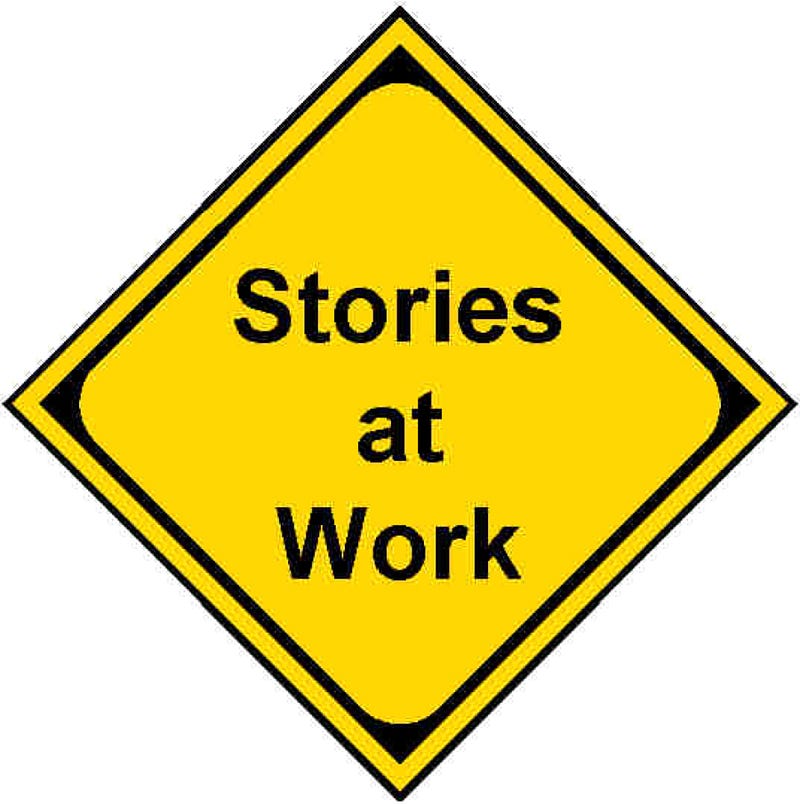
Our story and its audience…
The human mind is a story-telling machine. We are the audience to our very own live-stream monologue of ideas, judgments, and evaluations. These interpretations collect, quickly orchestrating themselves into a symphony of beliefs, both obvious and subtle. Identifying with particular beliefs is what shapes our subjective experience of life, moment to moment. The headliner, the story that deserves the most attention (and quite possibly the biggest revision), is the story we create about our self.
The mind, still evolving out of its more primitive evolutionary stage, is oriented around survival, self-preservation, and protection. It seeks to generate and maintain a sense of self, an identity that is unique and distinct from other beings. This is what we call the ego-effect. There is nothing inherently wrong with the ego, per se. It is the ego-driven stories however, that tend to falsely build us up (better than) and often tear us down (worse than). Innumerable past experiences shape and condition our present moment: Who I am and what’s possible for me being molded like clay.
How we identify ourselves directly informs the actions we take (and don’t take) in the world. It seems our pain can leave a dramatically larger indentation than our pleasure. We may acknowledge our successes, but our fears are often idolized. We become reactive to avoid a repeat of the past: playing small… pushing away… hiding… waiting… avoiding.
These days, our task is to unlearn the limiting identity we’ve imagined, in order to truly claim our given birthright: pure potential, abundant value, abundant worth, and a sense of fearlessness. This is freedom from learned limitation.
Let’s examine some of the most common stories being told to ourselves across the globe. Sit with each one and see which strike a chord…
*I’m not good enough*
*I’m not worthy*
*I can’t do it*
*I don’t know how*
*It’s going to take too long*
*I’ll do it TOMORROW!!*
*Not now, later*
*What will he/she/they think?*
*Who cares if I do/don’t?*
*It doesn’t matter*
*If not me, then someone else*
*I don’t have time*
*I don’t have the support*
*I’m too lazy*
*I don’t have the education*
*Not enough experience*
*This is not possible*
*It will take forever*
*I don’t deserve this*
*I’M. NOT. GOOD. ENOUGH.*
What’s the value of listing these? So that we may become present to the self-generated stories that hold us back, diminishing our Light and our potential. When we identify our stories and hold them at arm’s length with mindfulness, we break the bond of identification.
Identification entraps, awareness releases and sets free.
In exposing a story, we can see it for what it is; a story. A series of thoughts (beliefs) we have temporarily identified with. If I am my story, I’m stuck. If I have a story, I can put it down. I can create a new one; one that resonates, one that empowers me, one that is a source of joy.
How we do anything, is how we do everything.
When a story is showing up in one place, it is likely showing up in others. Stories tend to be thematic, spilling into the various chapters of our lives. If I’ve identified with the story that I’m unworthy of the (well-deserved) promotion at work, I likely believe I’m unworthy of dating the girl.

Exercise #1: Pick 2 of the most thematic, self-sabotaging stories in your life. Write them down and keep them in an obvious place. Your bedroom, your car, your wallet, your bathroom, your desk at work. This is to keep them at the forefront of the conscious mind. (They were already there, but now we’re going to experience them mindfully.) Practice seeing how, when, and where they show up. Take note of when these dominant stories arise and how you shifted as a result. Collecting this data will be valuable feedback over time.
Exercise #2: This is an active meditation exercise. When you recognize a story in your day-to-day, quietly think /say to yourself, “story”. This is your personal story mindfulness mantra. Thinking / saying “story’” with intention, exposes it. It breaks the bond of identification, empowering you to take a new action, to shift your perception, to choose a new story.
As you continue to expose your limiting beliefs to the light of awareness, they inevitably weaken. Their validity is no longer assumed, accepted, and believed. New and more deserving stories now have space to arise. As our limiting stories weaken, the storyteller becomes spontaneously free. Perhaps you will come upon moments of a storyless state:
You, simple and free, to act and to be.
~ The End ~
All original material copyright © 2016 Matthew Spangler

Leave A Comment